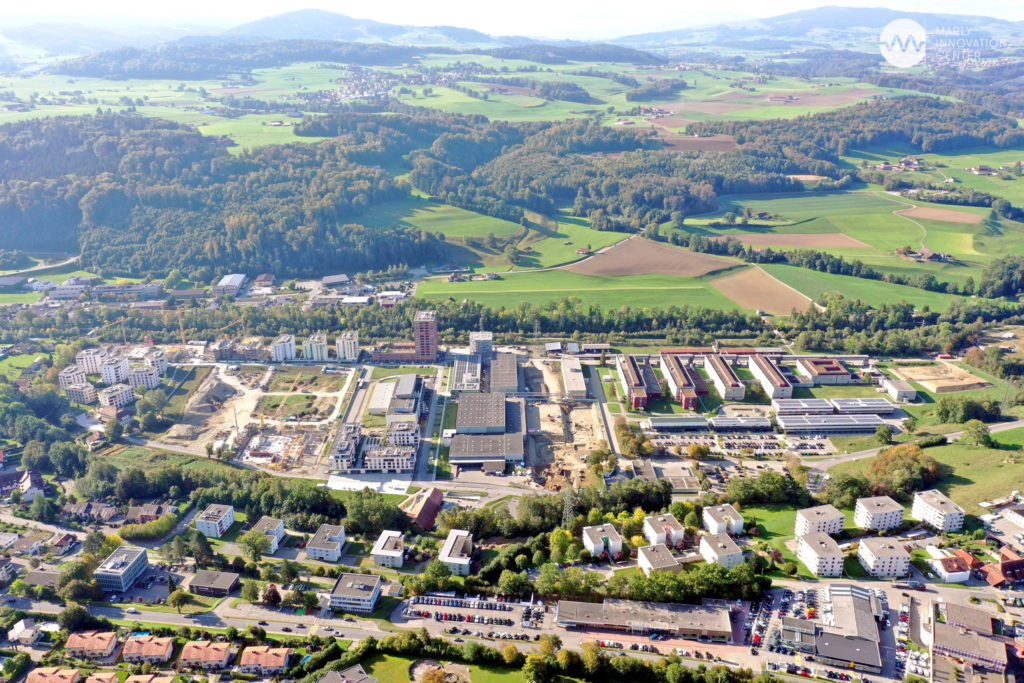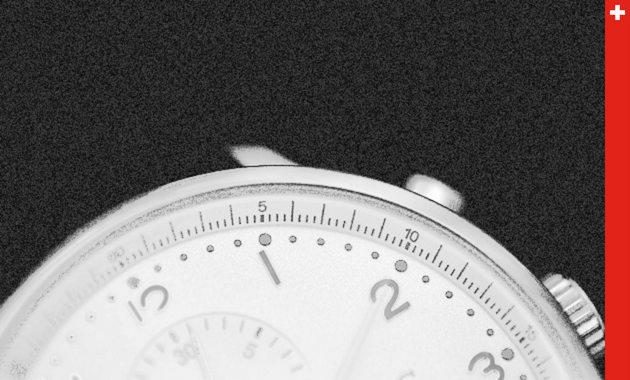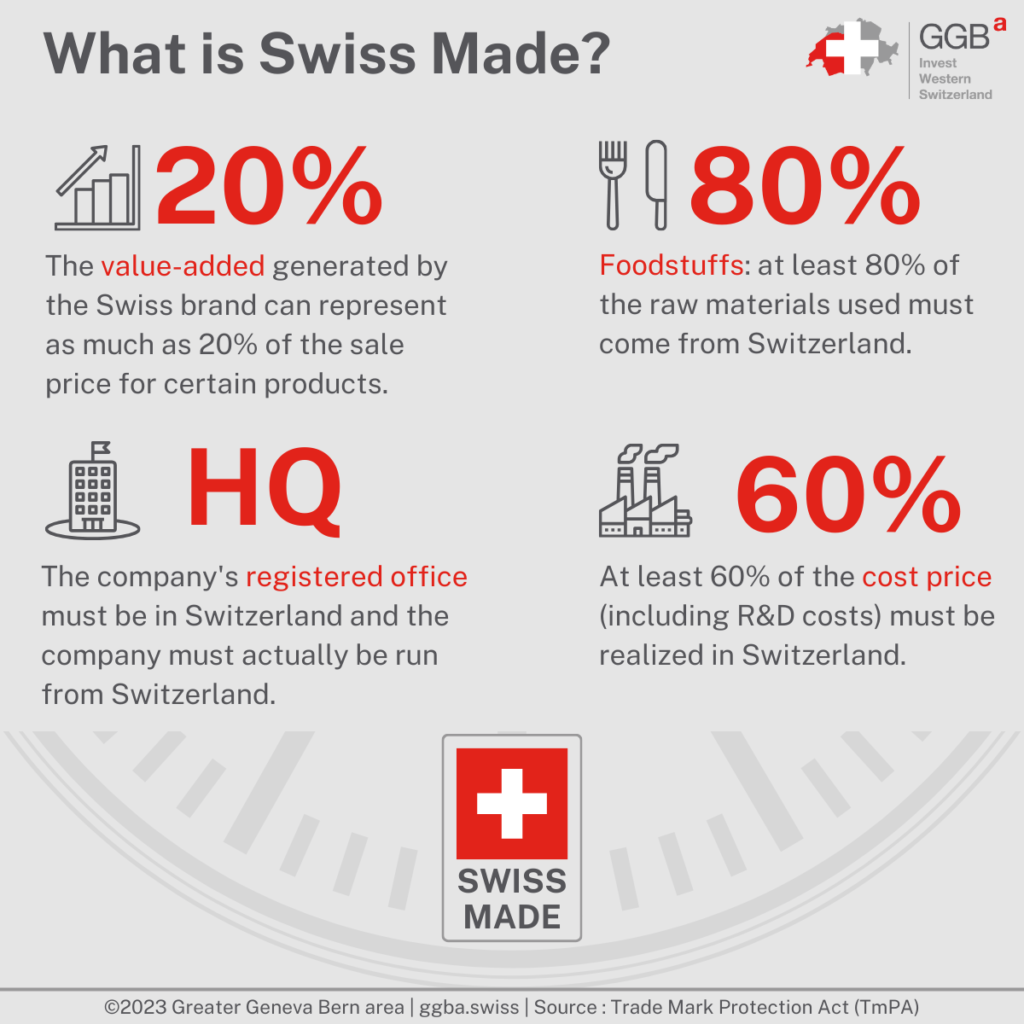
Swiss Made, an internationally renowned label

The Swiss made label, recognized as a guarantee of quality and know-how on the international market, is coveted by many companies. However, to qualify for this label, it is necessary to respect several criteria defined by Swiss legislation.
The origins of the ‘Swiss made’ label
The Swiss made label’s origin – a label that guarantees that a product has actually been manufactured in Switzerland – dates back to the 17th century. At the time, Geneva watchmakers, whose work was recognized for their quality, were confronted with a considerable increase in the number of counterfeits. To counter this phenomenon, which was tarnishing the reputation of their expertise, they decided that each watch made in Geneva should be marked with the hallmark of the master who designed it to prove its authenticity. 400 years later, the Swiss made label is officially enshrined in Swiss law (under the Swissness legislation), and extends far beyond the watchmaking world. Each product or service claiming the Swiss made label is subject to specific obligations to guarantee top quality.
The conditions for obtaining the Swiss made label
To obtain the Swiss made label, it is necessary to respect certain conditions which vary according to the type of product or service. These conditions are defined by the Federal Law on the Protection of Trademarks and Indications of Source, and guarantee the quality of this label. As an example, here are several constraints according to different fields of application:
- Foodstuffs: the origin of foodstuffs is the place from which at least 80% of the raw material weight that makes up the foodstuff comes from. However, there are some exceptions, notably for raw materials that do not exist in Switzerland such as cocoa, coffee or bananas.
- Industrial products: The origin of industrial products corresponds to the place where at least 60% of the manufacturing costs are incurred (including R&D costs).
- Services: The origin of the services depends on where the company has its headquarters and its administrative site, both of which must be located in the same country.
If these criteria are not met by the company wishing to apply the Swiss made label to its product or service, it will not be possible to do so. The Swiss made label is free of charge and does not require any authorization or official control. For those who wish to take advantage of it, it will be enough to respect the legislation and to be able to prove it, if necessary, in court. Thus, as long as you respect the legislation concerning the criteria for determining origin, you can affix the Swiss Made label to your products or services.

A label synonymous with quality and know-how
Because the Swiss made label is only awarded when strict standards are met, it is a true guarantee of quality and know-how and has an international reputation. A study conducted by Swiss researchers estimates that it is possible to increase earnings by up to 20% when using it. This percentage is confirmed by Jean-Daniel Pasche, president of the Federation of the Swiss Watch Industry, who states that the Swiss made label offers an additional gain of 20% on each labeled timepiece, which amounts to several billion Swiss francs per year for the entire watch industry. Faced with this phenomenon, it is possible to speak of “Swiss added value”. We can observe that a Swiss made product can be sold at a higher price than an equivalent product, thus allowing a company to increase its profits considerably.
In a nutshell: Inscribed in a long tradition of know-how, the Swiss made label is a real guarantee of quality that the Swiss Confederation preserves by legislating the brand adequately.

